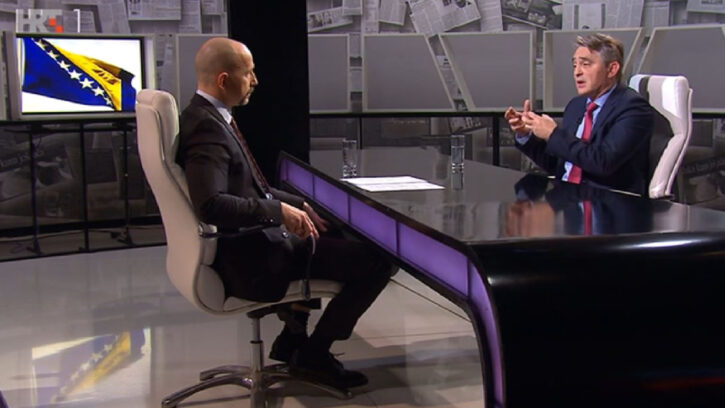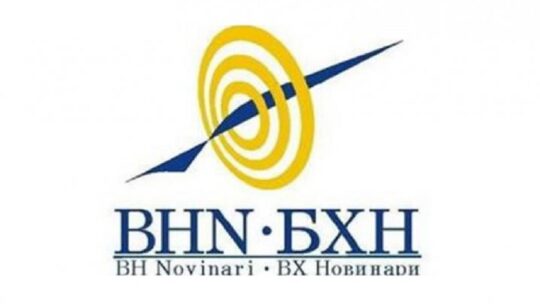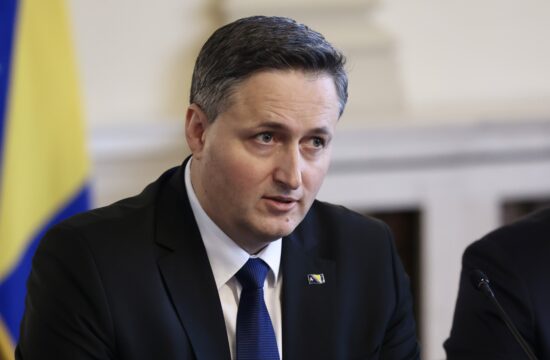
Bosnia is much closer to NATO than it is to the EU because the EU accession process is more complicated than the NATO path which is simpler and brings faster benefits, the Croat member of Bosnia’s tripartite Presidency Zeljko Komsic told Croatian State television HRT.
“NATO also brings some other things. It binds us to implement some political reforms and change the decision-making process,” he said.
Komsic was asked if it was possible to talk the Serb Presidency member, Milorad Dodik, into supporting the country’s NATO accession process, which he fiercely opposes, to which he said that was impossible at the moment.
“That’s impossible, at the moment, but we have all the decisions and documents ready. The decisions were made, and we practically don’t need Dodik’s approval. We simply have to implement the decisions we made,” Komsic noted. “NATO was also introduced into our Law on Defence. Political views are not eternal, and they change. Several years ago Dodik told a different story, who knows what he’ll talk about in several years.”
Bosnia's Presidency consists of three members, representatives of three constituent peoples in the country – Bosniaks, Serbs and Croats. The Bosniak and Croat members are elected in the Federation of Bosnia and Herzegovina entity, shared by these two peoples, whereas the Serb member is elected in the Serb-dominated Republika Srpska entity.
Komsic then explained that NATO now expects Bosnia to produce a document (the Annual National Programme) which can be made by the State Defence Ministry.
The Annual National Program is the prerequisite for the Membership Action Plan (MAP) activation, the first step in any candidate country’s NATO accession process. The MAP usually takes years before a candidate country fulfils all the preconditions.
The Croat Presidency member also touched upon the open issues with Croatia saying that Bosnia has only a few open issues. The first is the issue with the border and the second is the State property in Croatia.
“Bosnia has returned all Croatia’s property, but there are still many open issues in that sphere which we can talk about. When it comes to the border issue, I’ve also talked about a potential lawsuit against Croatia. It could easily be avoided had Croatia ratified the Izetbegovic-Tudjman agreement. Of course, this doesn’t mean Bosnia will sue Croatia, because I prefer to solve things through talks,” Komsic stressed.
The Izetbegovic-Tudjman agreement concerns Bosnia’s access to the open sea and the border at sea around Bosnia’s only seaside town of Neum. Bosnian parliament has ratified this agreement, but Croatia never did, thus disputing Bosnia’s right to access the open sea.
“My message to the Croatian President is that she will always have an equal partner in Sarajevo. She is always welcome in Sarajevo, and she can always count on our honesty and readiness to find solutions,” Komsic concluded.
%MCEPASTEBIN%




